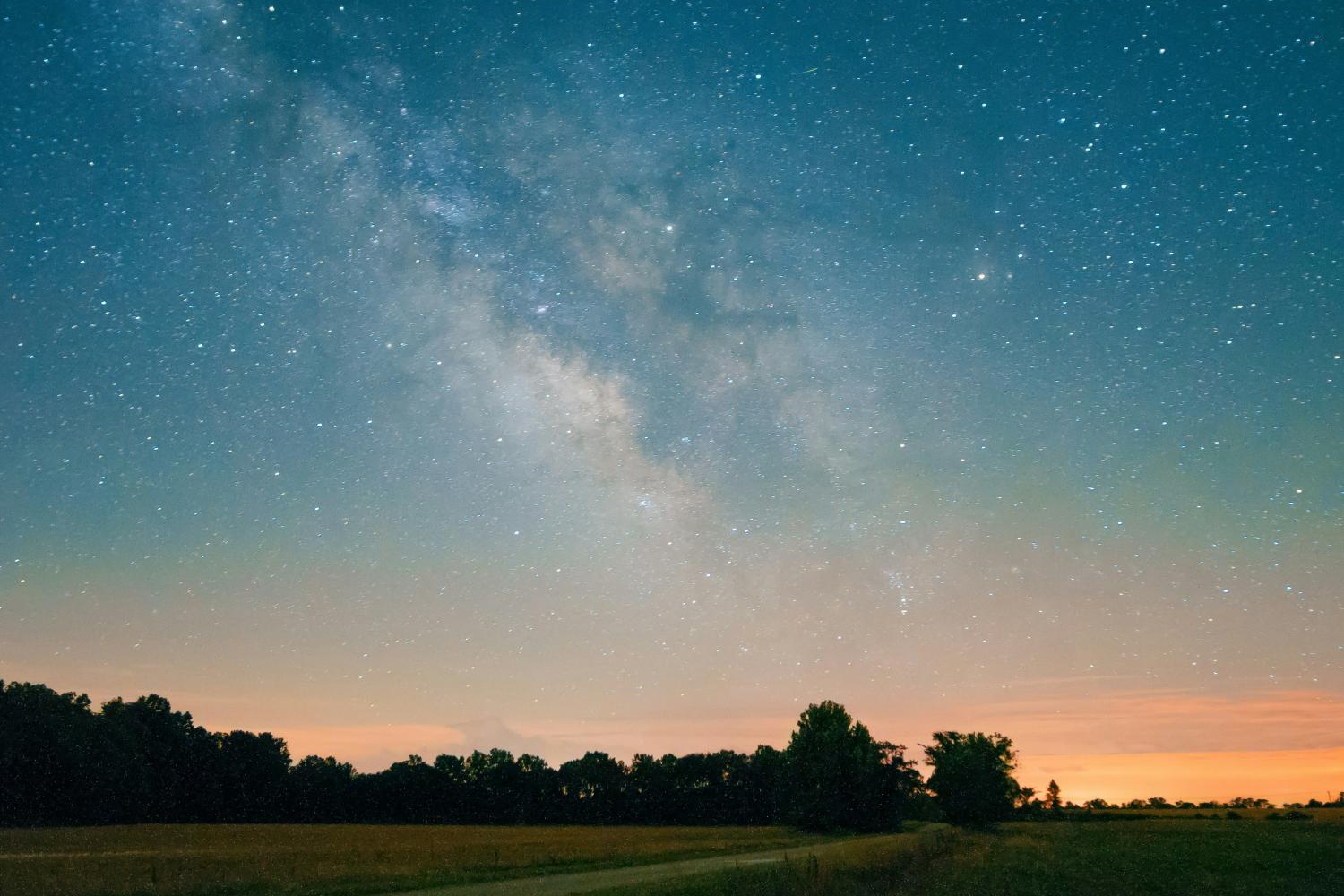
The Pillar conducted an interview recently with Michel-Yves Bolloré, the co-author of a forthcoming book that promises to spell out the reasons a lot of scientists are beginning to change their tune about the plausibility of God’s existence: no longer silly or superfluous superstition, many are now claiming that the activity of a Creator God is the most rational explanation for the universe’s existence.
It promises to be an intriguing book. But it’s good to bear in mind, too, that wise Christians have always been slow to latch onto any latest-and-greatest scientific theory. Science – rather than being the bedrock source of all objective truth it’s sometimes made out to be – is a rather fluid thing, with theories changing and developing a good deal over time. Newton’s theory of gravity, for instance, had to be recalibrated in light of Einstein’s later theory of general relativity. And even now, Darwin’s theory of evolution – functionally scientific law for a long time – is being reassessed in light of new developments in microbiology.
Scientific support for and resistance to the existence of God, in other words, is likely to follow these same ebbs and flows. Efforts to be strictly “reasonable” and “objective” in our beliefs won’t find absolutely sure footing in the empirical demonstrations science tries to offer – a key part of Bolloré’s argument. And so interestingly, perhaps the deeper significance of the book is its pointing toward the reality that all of us, whether we admit it or not, are putting our faith in something.
Indeed, as purely natural explanations for the existence and qualities of the universe begin to slip, Bolloré notes that the refusal to consider theism as a worthy position to reasonably hold is more often ideologically driven than it is intellectually: God, faith traditions, religion – all of it makes demands on people’s lives and beliefs that, sometimes, they’re simply unwilling to give away. Bolloré quotes this line from George Wald, for example, who is a twentieth century Nobel prize winner who clung to atheism even as he conceded that we’ve been led “scientifically to only one possible conclusion – that life arose as a supernatural creative act of God”: “I will not accept that philosophically,” he said, “because I do not want to believe in God. Therefore, I choose to believe in that which I know is scientifically impossible, spontaneous generation arising to evolution.”
Christians can sometimes find themselves carrying some misgivings when they confront the apparently infallible ballast of right thinking that our current world has taken modern science to be. But the wayward wills and desires and limited intellects of fallen humans are present in that realm as much as in any other. So Bolloré and his co-authors’ book ought to give some confidence to Christians that we’re not the intellectually wobbly ones for claiming belief in what we can’t empirically prove, and we’re not wrong to insist that all of us maintain some kind of imaginative vision that conditions what we’re willing to accept by way of reason. Christians are able to provide a necessary mirror, rather, for people like Wald, insisting on a more bald-faced honesty about where the problem lies, a lot of the time – in whether we’re willing to want God to exist or not.
As cynicism creeps further into our society, hospitality is needed more than ever.
What is "settler colonialism," and how does understanding the term help us to understand some of the most prominent ideological topics of our day?
A new report on gender transitioning interventions on minors brings forth telling results.


